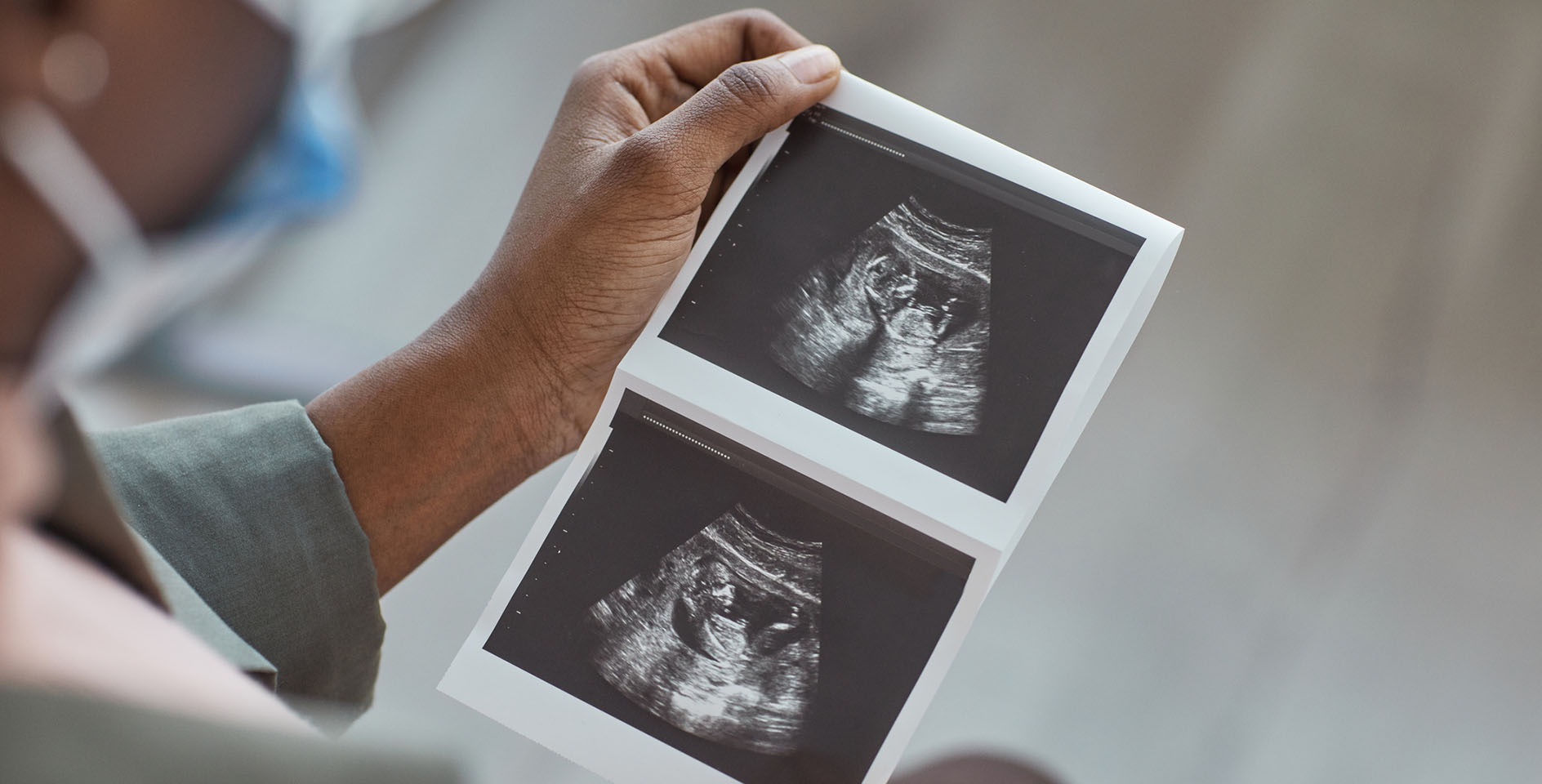In the two years since the United States Supreme Court’s decision to overturn Roe v. Wade through the decision in Dobbs v. Jackson Women’s Health Organization, many churches across the U.S. have increased their support for local pregnancy resource centers. These centers, which provide counseling, material assistance, and other assistance to women facing unplanned pregnancies, have seen a surge in attention and demand for their services following the decision.
According to a Lifeway Research study, 31% of U.S. Protestant churchgoers have witnessed their congregations engaging with local pregnancy centers in various ways since the overturning of Roe. The most common forms of support include:
- Financial assistance: 16% of churchgoers reported that their church has financially supported a local pregnancy resource center.
- Encouraging individual donations: 14% said their church has encouraged congregants to financially support these centers.
- Referrals: Another 14% stated that their church has encouraged referring those with unplanned pregnancies to the centers.
- Volunteering: 11% mentioned that their church has encouraged volunteering at local pregnancy centers.
- Guest speakers: 7% indicated that their church has hosted a leader from a pregnancy center to speak.
- Variations in church involvement.
The study revealed notable differences in church engagement based on factors such as age, denomination, church size, and ethnicity. Younger churchgoers (those under 50) were nearly twice as likely as those 65 and older to say their church had financially supported a pregnancy center. Restorationist Movement, Baptist, and non-denominational churchgoers were also more likely to report such support compared to Lutherans.
Frequent attendees (four times a month or more) and those with evangelical beliefs were also more likely to have heard about their church’s involvement with pregnancy centers. Additionally, larger churches (500 or more in attendance) were among the most likely to financially support these centers.
Lack of awareness and proximity
Despite these efforts, a significant portion of churchgoers (44%) reported being unaware of their church’s involvement with local pregnancy centers. Older churchgoers, those 65 and older (56%), and white churchgoers (47%) were among the most likely to say they hadn’t heard of any such involvement.
Additionally, 8% of churchgoers stated that there were no pregnancy centers near their church, with those in the Northeast (15%) being more likely to report this compared to those in the South (7%) or West (7%). Lutheran (14%) and Baptist (10%) churchgoers were also more likely to say their church was not near any such centers.
The need for continued and increased support
The Lifeway Research study highlights the ongoing need for support for women facing unplanned pregnancies in order to help them to choose life. Almost 4 in 10 pregnancies in the U.S. are unplanned, according to the Centers for Disease Control and Prevention. With the changing legal landscape surrounding abortion, many women may seek assistance from pregnancy resource centers, underscoring the importance of church partnerships and support.
Scott McConnell, executive director of Lifeway Research, emphasized the opportunity for churches to step up and provide compassion, care, and tangible help to those facing unplanned pregnancies, even if they are not initially open to seeking help directly from a church.
“In a survey of Americans conducted days before the Dobbs decision was leaked, almost two-thirds of Americans agreed churches and religious organizations have a responsibility to increase support for women who have unwanted pregnancies if their state restricts access to abortion,” said McConnell. “According to those who attend, the majority of Protestant churches in the U.S. are not supporting a pregnancy resource center that exists either separately or as part of their church.”
While some churches have increased their involvement with pregnancy centers since the Dobbs decision was released in June 2022, the study suggests that there is room for more congregations to engage in supporting these organizations through various means such as financial assistance, volunteer efforts, referrals, and education.
How your church can help
Here are some steps your church can take to help support this vital mission:
- Find a pregnancy resource center near you. The websites of CareNet and Heartbeat International can help you find a center close to your church’s community.
- Ask about volunteer opportunities. Most centers have a wide-range of volunteer opportunities, such as setting up classrooms, preparing food, organizing, sorting baby items and donations, writing notes of encouragement for mothers, distributing class incentives, cleaning offices, and greeting clients
- Provide a financial gift. There are numerous ways your church can financially support the vital work of pregnancy resource centers. You can give directly to your local center, through a resource center network (such as a CareNet and Heartbeat International) or through the ERLC’s Psalm 139 Project.
The Psalm 139 Project is an ERLC initiative designed to make people aware of the life-saving potential of ultrasound technology in unplanned pregnancy situations and to help pregnancy centers minister to abortion-vulnerable women by providing ultrasound equipment for them to use. This project provides a way for individuals and churches to assist financially in the placement of ultrasound machines in qualified pregnancy care centers and in the training of the staff to be able to operate the machines. In 2023, 12 ultrasounds machines were placed across six states and one international placement. In a culture witnessing the rise of chemical abortions and abortion tourism, these machines are vital.









